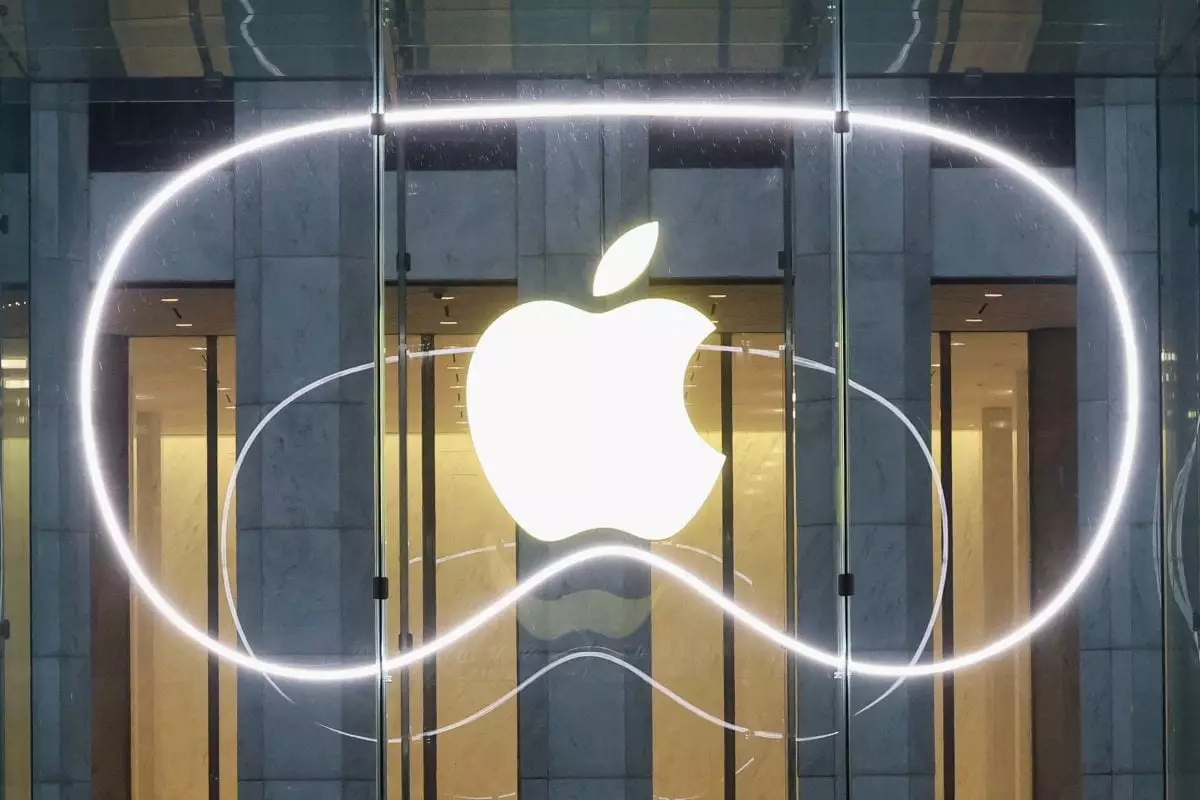Apple Inc., a tech giant synonymous with innovation and cutting-edge technology, finds itself embroiled in serious allegations concerning its treatment of employees and their rights to collective action. Recently, the U.S. National Labor Relations Board (NLRB) leveled accusations against Apple, asserting that the company has engaged in practices that infringe upon workers’ rights. This situation raises critical questions about corporate governance, labor relations, and the ethical responsibilities of leading firms in today’s economy.
The NLRB’s recent complaint outlines significant charges against Apple, suggesting that the company has outrightly restricted its employees’ use of workplace communication platforms, specifically Slack, a messaging application widely adopted during the pandemic to facilitate remote work. Allegations indicate that Apple maintains draconian measures by prohibiting employees from discussing workplace conditions freely and questioning policies that directly affect their rights as workers. Such control mechanisms not only stifle open dialogue but raise alarm bells about a corporate culture that appears to prioritize control over collaboration.
Furthermore, Apple allegedly terminated the employment of Janneke Parrish, a vocal advocate for workplace transparency and reform, for her advocacy on Slack. This incident points to a troubling pattern where workers who attempt to speak up against perceived injustices, such as discrimination based on gender and race, face retaliation. Parrish’s situation is particularly poignant, as it reflects the broader struggles faced by employees in tech companies—an industry often portrayed as progressive but still grappling with deep-seated inequities.
The implications of the NLRB’s complaint extend beyond Apple, highlighting potential vulnerabilities across the tech industry concerning worker rights. The labor board has indicated that if a settlement is not reached, a judicial hearing will follow, where the merits of the complaints will be assessed. Historically, the outcomes of such cases can lead to far-reaching changes within the corporate policies of large firms, especially if a pattern of abusive practices is established.
In response, Apple has publicly rejected these claims, emphasizing its commitment to fostering an inclusive work environment. A spokesperson for the company stated that Apple takes employee concerns seriously and intends to present the full facts in court. This defensive posture illustrates a common corporate strategy when confronted with allegations: to maintain a facade of compliance and commitment to worker welfare, despite mounting evidence to the contrary.
The accusations against Apple are indicative of a larger trend within corporate America, where employees are increasingly advocating for their rights amidst a rapidly evolving workplace landscape. The urgency for effective labor representation echoes throughout various sectors, as workers strive for necessary reforms related to pay equity, workplace discrimination, and overall working conditions. Movements like these signal a burgeoning awareness among employees about their rights and the power dynamics inherent in employer-employee relationships.
The case of Janneke Parrish serves as a critical touchpoint in this discourse, illustrating the risks that activists within organizations face. Lawyers representing Parrish claim that Apple’s actions exemplify “extensive violations” of labor rights, suggesting a disconnect between corporate rhetoric surrounding employee engagement and the harsh reality of workplace policies aimed at suppressing dissent.
As the proceedings move forward, the results could significantly influence corporate governance and labor relations, not only for Apple but for other companies keen on maintaining their reputations while simultaneously navigating the waters of employee dissent. A ruling in favor of workers’ rights could prompt a reevaluation of existing policies that restrict workplace communications and interactions, potentially leading to more transparent and fair employment practices.
What remains clear is that the outcome of this case will serve as a critical precedent within the tech industry and beyond. Firms must recognize that in an age where transparency and social responsibility are paramount, the risks of stifling employee voices can far outweigh any perceived short-term gains from maintaining control. As the landscape of labor rights continues to evolve, the tech industry, with all its innovations, must also evolve to meet the ethical expectations of its workforce.


Leave a Reply